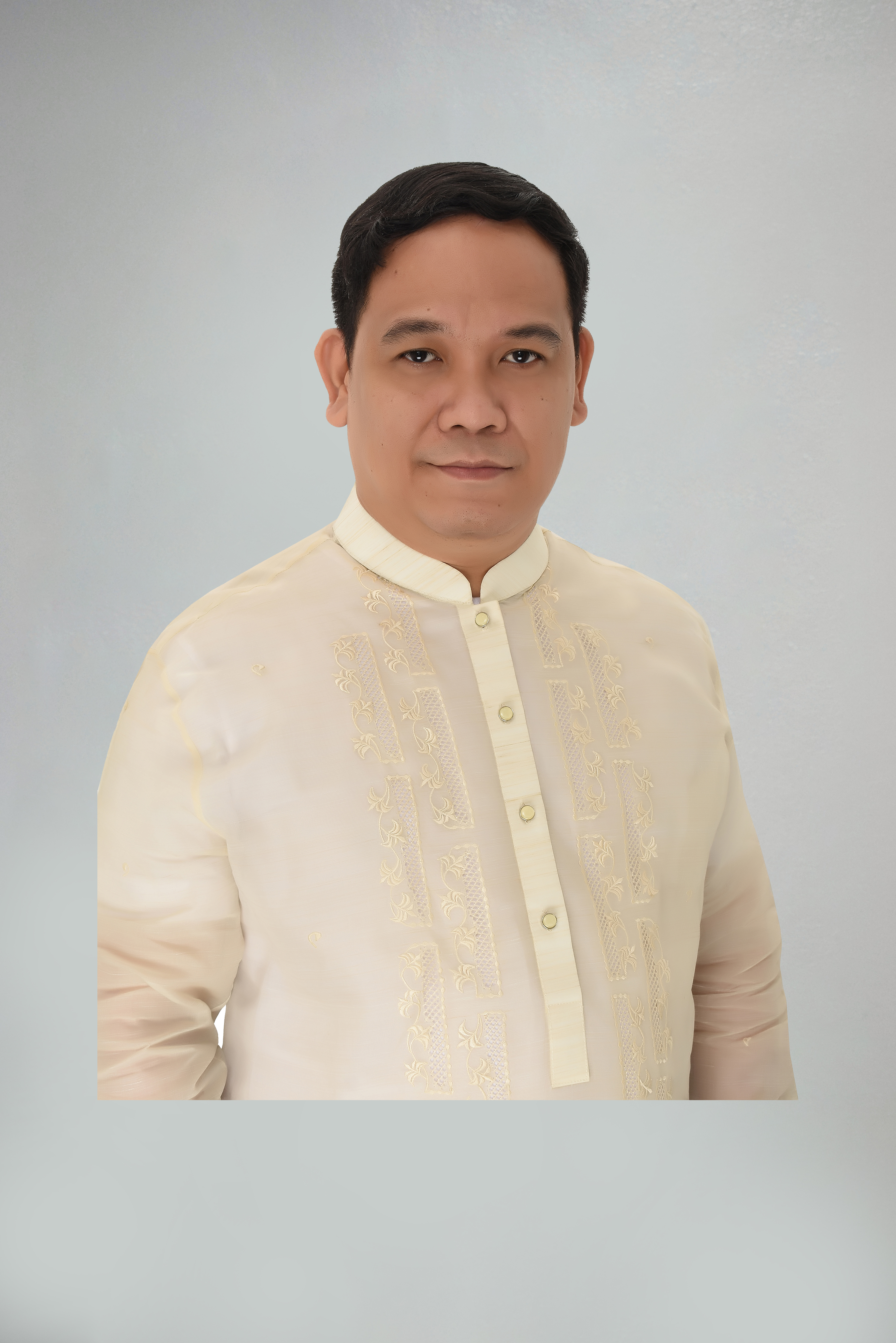 Three new auditing standards – boon or bane?
Three new auditing standards – boon or bane?

By Emmanuel Dumayas
The bar for quality audit and assurance engagements will reach new heights come December 15, 2022,
which is when three landmark auditing standards issued by the International Auditing and Assurance
Standard in December last year will take effect: the International Standard on Quality Management 1
(ISQM 1), ISQM 2, and International Standard on Auditing 220 (PSA 220, revised).
The new standards represent a paradigm shift to a more responsive, flexible and efficient quality
management system in the performance of engagements by certified public accounting firms and individuals
(collectively called CPA practitioners). A number of practitioners remain anxious and uncertain, however,
and for good reason.
ISQM 1 deals with a CPA practitioner's responsibilities to design, implement and operate a system of
quality management (SOQM) for audits or reviews of financial statements or other assurance or related
services engagements. Performance of any of the aforementioned services makes the standard mandatory.
ISQM 1 requires the establishment of an SOQM to create consistent quality engagements. Its eight interrelated
components that deal with key SOQM aspects provide for a proactive and fluid approach to quality audits. Take,
for example, ISQM 1's governance and leadership provisions, which makes the CPA practitioner's leadership
responsible and accountable for quality — a "tone at the top" approach —and creates a prevailing attitude of
commitment to quality.
ISQM 2, meanwhile, provides for the appointment and eligibility of an engagement quality reviewer whose
responsibilities relate to the performance and documentation of an engagement quality review (EQR). This
standard applies to audits of the financial statements of listed entities, audits or other engagements for
which an EQR is required by law or regulation, and audits and other engagements for which a CPA practitioner
determines that an EQR is an appropriate response to address one or more quality risks.
Lastly, PSA 220 (revised) — titled Quality Management for and Audit of Financial Statements — deals with the
specific responsibilities of a CPA practitioner regarding quality management at the engagement level for audits
of financial statements and the related responsibilities of the engagement partner.
These three standards are very critical to establishing a strong and consistent quality management for audit
and assurance. It is also very timely given the fact that the advent of the Covid-19 pandemic caused significant
challenges in the performance and completion of audits.
As previously mentioned, the new standards have a number of CPA practitioners bracing for the impact. Perhaps
the most significant of their concerns are the additional resources — time and money — that are necessary for
preparation and implementation. Formulating policies and procedures, allocating or hiring additional personnel,
and technological and intellectual resources all entail costs. This concern is compounded for solo CPA practitioners
who perform all aspects of their audit and assurance engagements who now need additional manpower to perform activities
within the SOQM.
The ISQM, nonetheless, provides some relief. ISQM 1 stipulates scalability, where a CPA practitioner is to tailor the
design, implementation and operation of the SOQM based on the nature and circumstances of the practitioner and the
engagements to be performed. This means that if an ISQM 1 requirement is irrelevant because of the nature and
circumstance of the CPA practitioner or the engagement, the practitioner is then not expected to comply with such
requirement. ISQM 1 also permits the use of service providers or external parties providing a resource used in an
SOQM or in the performance of engagements, which will greatly reduce costs.
During the ACPAPP's annual conference last month, guests from the Board of Accountancy and the Securities and Exchange
Commission asserted that they were incorporating the new standards in the formulation of new requirements for CPA
practitioner accreditation. They acknowledged the plight of solo and small CPA practitioners and stated that the
requirements, including the fees, would be tempered.
The ACPAPP has also been very passionate and hands-on in educating CPA practitioners. It has always been at the
forefront in conducting dialogues and workshops to ease the transition to new standards. I myself attended ISQM
workshops and I appreciated the way the standards were expounded, especially in terms of scalability. The discussions
were very vibrant and the speakers as well as the attendees were very accommodating, reflecting the sincerity and
concern of CPA practitioners to help one another.
Practitioners will have a lot of thinking and preparation to do moving forward and they, depending on their resources,
may find the December 2022 deadline too near. It will greatly help if a CPA practitioner already has existing audit
and assurance quality control policies and procedures, as recalibrating existing schemes are better than starting anew.
On a final note, the best way to comprehend and appreciate any auditing standard is familiarization and practice.
This is a must and is an essential requisite, especially for quality assurance partners or anybody involved in or
responsible for designing, implementing and operating the CPA practitioner's SOQM. Our firm's quality assurance
review (QAR) department has started adapting the new standards as we are resolute in treating these not just as a
requirement but a necessity if we have to keep the practice of our profession at the highest level.
The cost of implementing the new standards is a necessary sacrifice. The standards should be embraced as these, to
say the least, answer the call for the better and more reliable audit quality that is constantly demanded from our
profession.
Lastly, special thanks to Laurice, Mitch, Charlene, Manuel, Nicole, Nia, Honey, Elizaquim, Raymart, and Gabriel for
making our QAR department work as intended, especially during the last audit season.
Emmanuel C. Dumayas, CPA, JD, is the managing partner of Paguio, Dumayas & Associates, CPAs (PrimeGlobal Philippines),
an institutional member of the Association of CPAs in Public Practice (Acpapp). The opinion of the writer does not
reflect in any way the opinion of these institutions.
Source: Three new auditing standards – boon or bane? - Manila Times